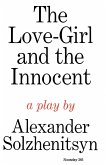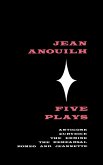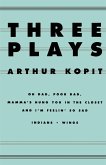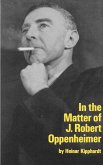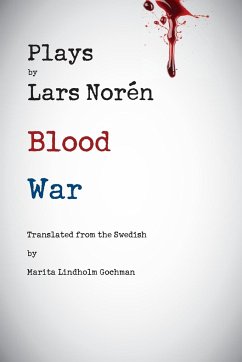In March 1953, seventeen years before he received the Nobel Prize, Alexander Solzhenitsyn ended his term in the Ekibastuz labor camp with the play Victory Celebrations and seven of the twelve scenes of Prisoners committed to memory. During his ensuing internal exile, he completed Prisoners and started another play, The Love-Girl and the Innocent. The result is a dramatic trilogy focusing on events of the year 1945: the Russian army's advance into East Prussia and the "repatriation" of former Russian prisoners of war to the Gulag labor camps. The three plays transmute Solzhenitsyn's own bitter experience of war and imprisonment. In Victory Celebrations (translated by Helen Rapp and Nancy Thomas), one can recognize the author in Sergei Nerzhin, a captain in a Soviet artillery battalion whose staff improvises a banquet in a captured castle in East Prussia. Celebration turns to conflict when Nerzhin sides with Galina-a Russian emigree whose husband is fighting with the Germans-against Lieutenant Gridnev, an officer in military counter-intelligence who insists Galina is a spy. Prisoners (translated by Helen Rapp and Nancy Thomas, and based in part on Solzhenitsyn's own initial arrest and captivity) follows a group of political prisoners, including ex-POWs, from their arrival in a Soviet prison on the Prussian border through their perfunctory interrogation, trial, and conviction. Solzhenitsyn's alter-ego in The Love-Girl and the Innocent (translated by Nicholas Bethell and David Burg) is Rodion Nemov, a new prisoner in a labor camp whi is unwilling to compromise in order to survive. This final play in the trilogy is, as Martin Esslin wrote of the 1981 Royal Shakespeare Company production, "a classic portrayal of the Gulag." These plays from the 1950s are among the Nobel laureate's earlier writings. But in his indignation at injustice and moral bankruptcy, Solzhenitsyn the playwright prefigures Solzhenitsyn the great novelist.
Hinweis: Dieser Artikel kann nur an eine deutsche Lieferadresse ausgeliefert werden.
Hinweis: Dieser Artikel kann nur an eine deutsche Lieferadresse ausgeliefert werden.


